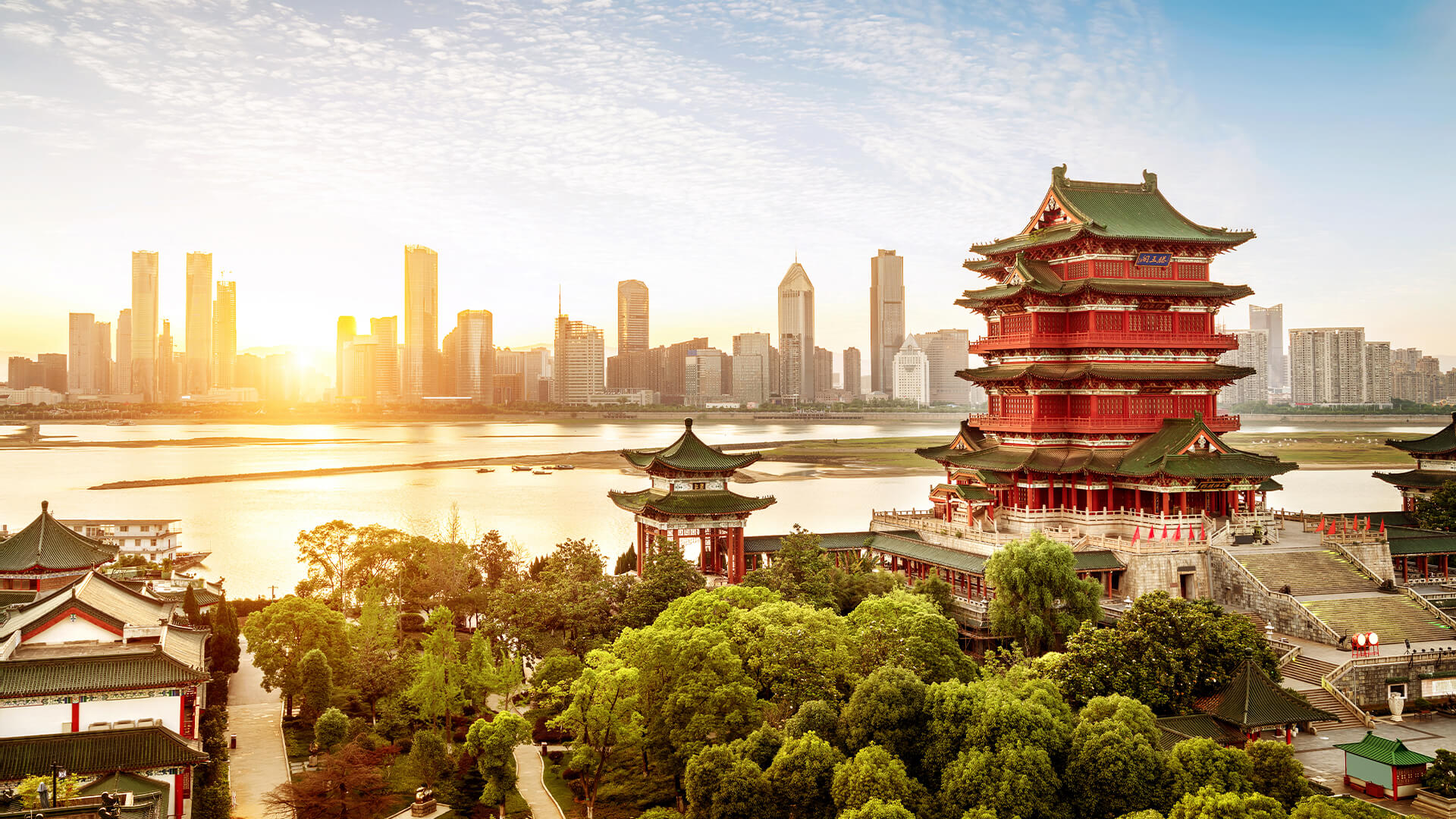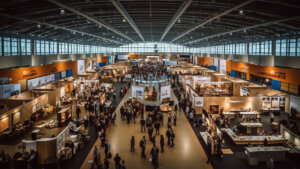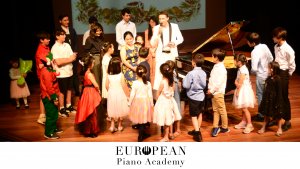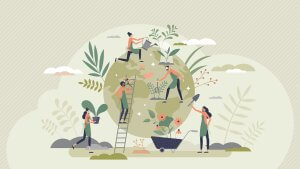
From learning Chinese by herself to becoming the apprentice of an inheritor of China’s intangible cultural heritage, Amiris Rodrigues Barros, a Brazilian girl pursuing a master’s degree at Nankai University in north China’s Tianjin, is in love with traditional Chinese culture.
Her interest in China began in high school in Brazil, where she attended Chinese classes and developed an appetite for Chinese food.
In 2019, Amiris, already an international student at Nankai, became fascinated with “Jingdong Dagu” (literally translated as East Beijing Drum). Listed among China’s national intangible cultural heritage items, the “Jingdong Dagu” is a folk art of drum music and ballad singing using east Beijing dialect.
As a protege and performance partner to “Jingdong Dagu” artist Wang Wenlei, Amiris has truly experienced the charm of traditional Chinese culture and hopes to become a messenger of cultural exchange between China and Brazil.
“I think this is cultural exchange and inheritance. We appreciate each other and make progress together. This is what the Chinese people call mutual learning among civilizations,” she told China Media Group.
During a national meeting held in Beijing on Saturday and Sunday, Chinese President Xi Jinping made an instruction on the work of public communication and culture, stressing the need to build stronger cultural confidence, follow the approach of openness and inclusiveness, and uphold fundamental principles while breaking new ground.
Building stronger cultural confidence
China has demonstrated its cultural confidence and character as it continues to promote mutual exchanges and learning between Chinese and foreign civilizations.
Take Shanghai as an example. A total of 3,075 historical buildings, 397 protected roads (streets and alleys), 250 protected neighborhoods and 44 historical and cultural areas offer a new and vibrant cultural space in the city.
Urban culture also empowers economic growth. In 2022, the total output of Shanghai’s cultural and creative industries accounted for about 13 percent of the city’s total GDP.
In 2022 and 2023, a slew of foreign exhibitions took place in local museums and galleries, providing diverse and splendid art collections to residents and promoting mutual learning and exchanges among different civilizations.
This summer, the growing popularity of study tours focusing on traditional culture has attracted huge crowds to museums in China.
In response to the “museum fever during summer vacation” phenomenon, 46 museums in Beijing temporarily canceled their weekly Monday closure in August, opening their doors every day to visitors, according to an announcement by the Beijing Municipal Cultural Heritage Bureau.
Looking into the causes behind this “museum craze,” Guo Sike, curator of the Confucius Museum in Qufu City, east China’s Shandong Province, pointed to the “craze for traditional culture,” particularly among young Chinese.
“Young generations have cultural confidence and love the splendid traditional Chinese culture,” said Guo.
To build a modern Chinese civilization at this new historical starting point, China should remain confident in its culture and keep pursuing its own path, and promote the Chinese experience into Chinese theory to realize intellectual independence and self-reliance, Xi said during a meeting on cultural inheritance and development in June.
Related work should be done with a focus on the new cultural mission, which is to further advance cultural prosperity, to build a leading country in culture and to foster the modern Chinese civilization at a new historical starting point, Xi said in the instruction.
Mutual learning, exchanges among civilizations
Xi once said that only a confident civilization can tolerate, learn from, and absorb various civilizations while maintaining its own national characteristics.
Speaking at a banquet in Chengdu to welcome guests attending the opening ceremony of the Chengdu FISU World University Games in July, Xi underscored the importance of the Games to the progress of human civilization.
“Civilizations take different forms, making the world colorful and diverse,” he said, calling for championing the common values of humanity and writing a new chapter in building a global community of shared future.
China has signed cooperation agreements in the field of cultural heritage with more than 20 countries, and carried out cultural relics protection and restoration, as well as joint archaeological cooperation with the Belt and Road Initiative participating countries.
During the Conference on Dialogue of Asian Civilizations, China held an Asian civilization exhibition and brought together more than 400 cultural treasures from 49 countries, presenting the unique charm of Asia and human cultural heritage, and promoting mutual learning and common development among civilizations.
During Sunday’s meeting, Xi called for promoting the creative transformation and innovative development of fine traditional Chinese culture, as well as mutual learning and exchanges between different civilizations.

Recognising excellence across the Asian Pacific.
Nominate now ➜
Read the latest and past issues of APAC Insider.
Explore issues ➜
Find out how we can help your business grow.
Find out more ➜



















